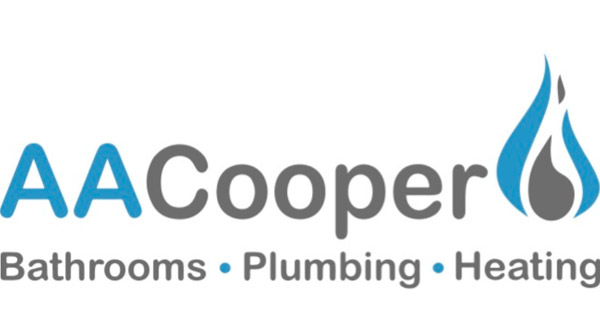The team at AA Cooper is pleased to announce the launch a brand new finance service in partnership with Ideal 4 Finance. We understand that the costs of upgrading/servicing/repairing might not be something you had planned for, which is why we have a pain-free financial solution for you!
Our flexible payment options are available for all our services with the majority being for new boiler installations and bathrooms.
A new bathroom increases the value of your property – perhaps you’re looking to sell your home or you’ve just purchased and are looking to renovate your bathroom. Or you’d just like something new but don’t want to go overboard in terms of budget as the investment may not be recouped in the future. The benefits of opting for finance through our solution are:
- The quick application process
- Soft search (does not harm your credit score)
- Flexible repayment options
- Rapid response time – you should receive a decision within 24 hours of applying online.
Whilst bathroom upgrades might be a lifestyle luxury (although not always!) boiler servicing is usually a necessity.
A new survey, commissioned by Worcester Bosch, found that 85 per cent of British households plan to keep their homes heated over 18°C this winter. In addition, 75 per cent of Brits typically take a warm shower or bath at least once a day, and 67 per cent rely on the hot water to wash up their dirty dishes daily. This highlights the importance of a reliable boiler as well as an annual service to ensure it is running smoothly.
Emergency repairs or servicing (certainly a brand new boiler!) can be costly – and we would love to help! To apply for finance online, visit our dedicated page HERE. The application form is available 24 hours a day and 7 days a week.
Source: HVP Magazine

